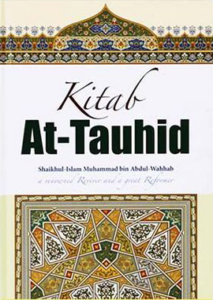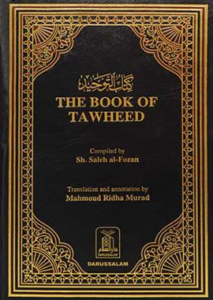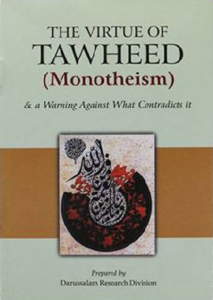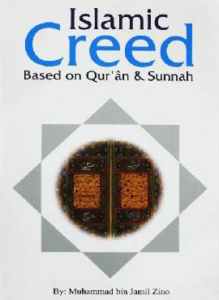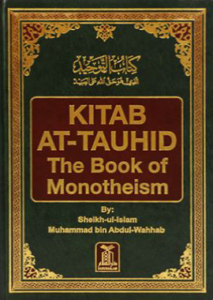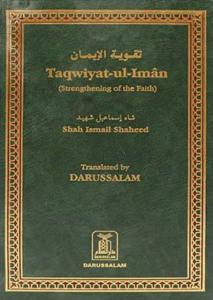Within Islamic beliefs, few concepts rival the gravity of ‘Shirk’ due to its fundamental nature. Regarded as a cardinal sin, Shirk poses profound implications. It questions the very core of Islamic monotheism, impacting both individuals and societies.
Shirk encompasses attributing divine qualities to entities other than Allah, be it idols, celestial bodies, or even personal desires. Seeking intercession from beings other than Allah is also a form of Shirk. Understanding the nuances of Shirk is crucial for a comprehensive grasp of Islamic theology and practice.
Life comprises a path adorned with both moments of happiness and sorrow. Inevitably, death becomes an integral part of this journey, often rendering us speechless. Navigating the appropriate words to express condolences in Islamic traditions necessitates a delicate balance of empathy, cultural awareness, and religious sensitivity. The purpose of this blog by Darussalam is to offer guidance on expressing condolences sincerely when faced with loss in Islam.
The Conceptual Meaning of Shirk in Islam
Shirk, originating from the Arabic language, fundamentally denotes the act of associating something or someone with another entity. Within the context of Islam, it encompasses the attribution of partners or the assignment of divine attributes to beings other than Allah.
This concept holds paramount importance within the Islamic faith, as it stands as the most severe transgression. This is due to its direct contradiction of Tawheed, the foundational principle of Islamic monotheism, which asserts the absolute and indivisible oneness of Allah.
Shirk challenges this core belief, thereby undermining the very essence of the Islamic creed and jeopardizing one’s spiritual standing in the eyes of the faith. Consequently, comprehending the gravity of Shirk is essential for a nuanced understanding of Islamic theology and practice.
Shirk is the act of associating partners with Allah, a violation of the fundamental Islamic belief of Tawheed or monotheism.
Read More: What is the Biggest Sin in Islam
Types of Shirk in Islam
To provide a clearer understanding, Shirk is typically classified into three types in Islamic theology:
Shirk in Lordship (Rububiyyah)
This is the belief that there are shared powers or control in the universe besides Allah. It involves attributing divine qualities and the power of creation to others besides Allah.
Shirk in Worship (Uluhiyyah/Ibadah)
This type of Shirk occurs when one directs any form of worship, a right reserved only for Allah, to another entity. Examples include praying, fasting, or sacrificing for the sake of anyone or anything else besides Allah.
Shirk by Association (Asma wa Sifat)
This refers to attributing the names or attributes of Allah to other beings or vice versa, which inherently violates the uniqueness and singularity of Allah.
There are three types of Shirk in Islam: Shirk in Lordship, Shirk in Worship, and Shirk by Association.
Shirk: A Perspective from the Holy Quran
The Holy Quran universally acknowledges the sin of Shirk and categorically denies any prospect of forgiveness for Shirk if one dies without repenting. The Quran says, “Indeed, Allah does not forgive association with Him, but He forgives what is less than that for whom He wills…” (Quran 4:48).
Shirk is a sin that is unforgivable if one dies without sincere repentance, as per the Quran.
FAQs
What is the meaning of Shirk in Islam?
In Islam, Shirk refers to the sin of idolatry or polytheism, i.e., the deification or worship of anyone or anything other than the monotheistic God, Allah. It is the ultimate violation against the Tawheed, Islamic monotheism, and is considered the most severe sin.
What does the Quran say about Shirk?
The Quran speaks firmly against Shirk. Verses underscore God’s monotheistic nature and the severe consequences for those who indulge in Shirk. One such verse includes Al-Nisa (4:48), stating, “Allah forgives not (the sin of) joining other gods with Him, but He forgives whom He pleases other sins than this.”
How bad is Shirk in Islam?
Shirk is considered the gravest sin in Islam, fundamentally contradicting the belief in the oneness of God. It is unequivocally condemned, as it undermines the core principle of Tawhid (monotheism) and can lead to severe spiritual consequences in the hereafter.
Is Shirk a big sin?
Yes, Shirk is a big sin in Islam. This sin is viewed with the utmost severity due to its profound theological implications and its potential to lead individuals away from the core principles of the Islamic faith.
What is an example of a Shirk?
An example of Shirk in Islam would be the act of worshiping or attributing divine qualities to anyone or anything other than Allah. This includes the worship of idols, celestial bodies, saints, or even one’s desires and ego.
Another example is seeking intercession or supplicating to someone other than Allah, believing they have independent power to grant one’s wishes. Essentially, any belief or action that undermines the absolute oneness and sovereignty of Allah falls under the category of Shirk.
Conclusion
Shirk in Islam is a powerful concept that navigates the intricate relationship between humanity and divinity. This cardinal sin dictates not only the spiritual sphere but also affects different aspects of personal, social, and cultural life by promoting values of monotheism, purity in worship, and overwhelming dependence on a singular divine force, Allah.
As we delve deeper into the aspects of Shirk, we are led to appreciate the simplistic beauty of Tawheed – the uncompromised belief in the oneness of Allah. It steers believers away from the pitfalls of polytheistic tendencies and enriches their spiritual experience within the overarching philosophy of monotheistic Islam.
To learn more about Islam and Faith explore our category of Islamic faith books and stay connected to your Allah!




